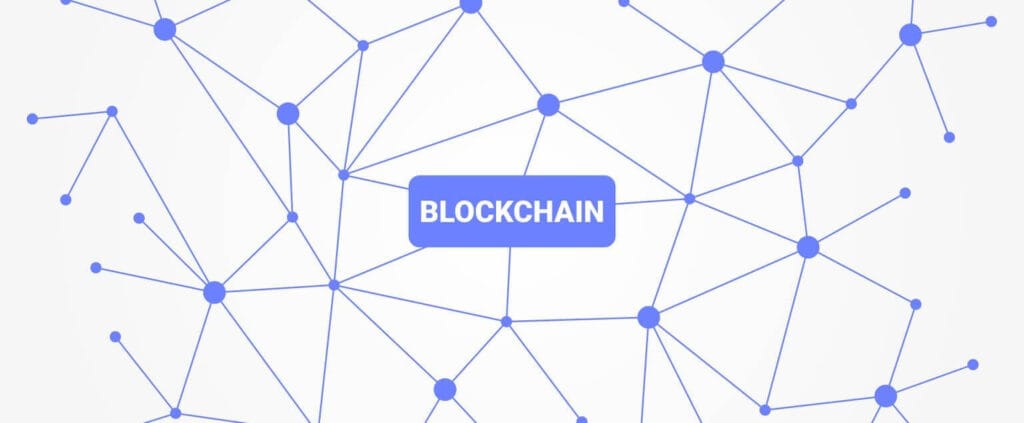Blockchain is the ground-breaking database technology that powers nearly all cryptocurrencies. A blockchain makes it very difficult to hack or cheat the system by distributing identical copies of a database across an entire network. While cryptocurrency is currently the most popular application for blockchain, the technology has the potential to serve a very broad range of applications.
What Is blockchain?
Blockchain, at its core, is a distributed digital ledger that stores data of any kind. A blockchain can keep track of cryptocurrency transactions, NFT ownership, and DeFi smart contracts.
While any traditional database can store this type of data, blockchain is unique in that it is completely decentralized. Rather than being maintained in a single location by a centralized administrator (as in an Excel spreadsheet or a bank database), many identical copies of a blockchain database are stored on multiple computers distributed across a network. These individual computers are known as nodes.
How does blockchain work?
The digital ledger is frequently referred to as a “chain” made up of individual “blocks” of data. As new data is added to the network on a regular basis, a new “block” is created and added to the “chain.” All nodes must update their versions of the blockchain ledger to be identical.
Before a new block can be added to the ledger, a majority of nodes must verify and confirm the legitimacy of the new data. They could include ensuring that new transactions in a block are not fraudulent, or that coins have not been spent more than once. This differs from a standalone database or spreadsheet, where changes can be made by one person with no oversight.
Transactions are typically secured through the use of cryptography, which requires nodes to solve complex mathematical equations in order to process a transaction.
Public blockchains vs private blockchains
Blockchains can be public or private. Anyone can participate in a public blockchain, which means they can read, write, or audit the data on the blockchain. Notably, because no single authority controls the nodes in a public blockchain, changing transactions is extremely difficult. Meanwhile, a private blockchain is managed by an organization or group. Only it has the authority to change the blockchain and decide who is invited to the system. This private blockchain process is similar to an internal data storage system, but it is distributed across multiple nodes to increase security.
How Is blockchain used?
Blockchain technology is used for a variety of purposes, ranging from financial services to voting systems administration.
- Cryptocurrency
- Banking
- Asset Transfers
- Smart Contracts
- Supply Chain Monitoring
- Voting
Advantages of blockchain
- Higher accuracy of transactions
- No need for intermediaries
- Extra security
- More efficient transfers
Disadvantages of blockchain
- Limit on transactions per second
- High energy costs
- Risk of asset loss
- Potential for illegal activity



